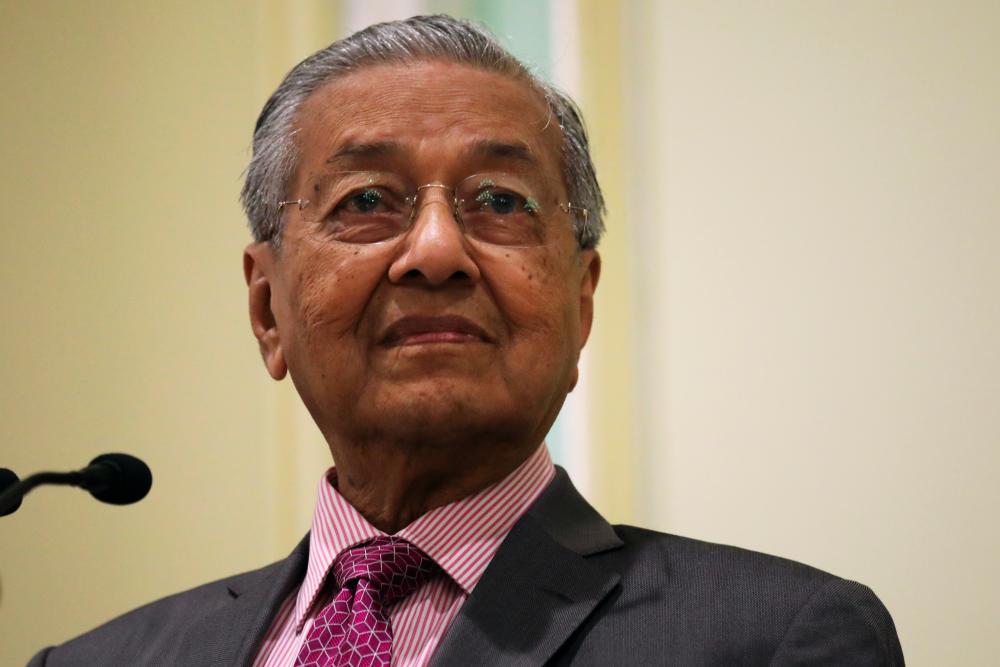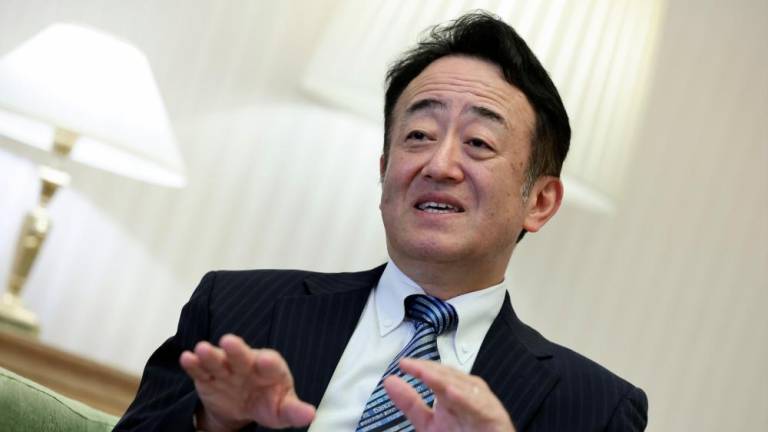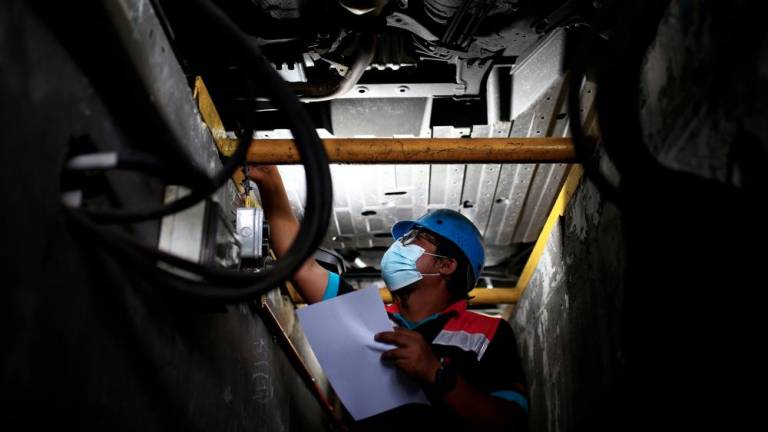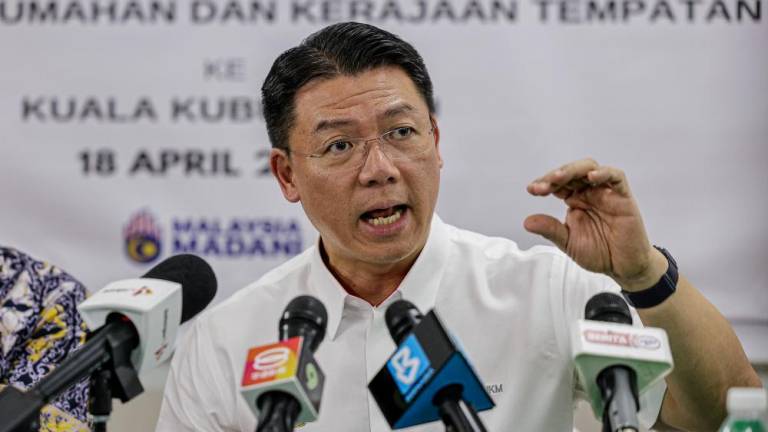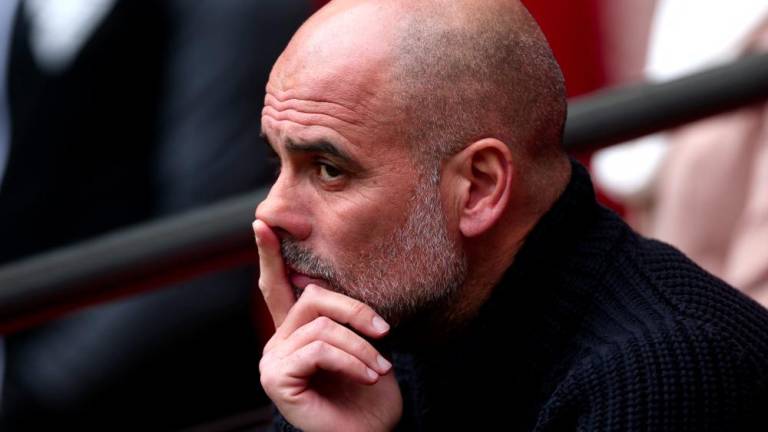PUTRAJAYA: Police and enforcement agency personnel will soon be required to wear body cameras when carrying out their duties. Prime Minister Tun Dr Mahathir Mohamad said the move would include Immigration and Customs officers.
“This will enable the government to monitor their interaction with the public and help to determine who is telling the truth when allegations are made,” he said after chairing a Special Cabinet Committee on Anti-Corruption meeting today.
“Right now, both parties will claim their version is true but we don’t know who is actually right.”
Mahathir said the new requirement would ensure that officers were monitored, especially in critical areas, adding: “If they turn off the camera, we will know”.
The move comes several days after three suspected criminals were shot dead by police and the families of the deceased challenged the account provided by officers involved in the incident in Rawang, Selangor.
In an immediate response, criminologist and former Transparency International-Malaysia president Datuk Seri Akhbar Satar said the cameras could serve as a deterrent against misconduct and abuse of power. He added that it could also deter both givers and takers of bribes.
“The recordings are valuable as evidence. It can also help to exonerate personnel who were wrongly accused.”
Akhbar pointed out that the system had proven effective in countries such as Singapore and the United States.
He said vehicles used by enforcement officers should also be fitted with dashboard cameras.
Mahathir said although the government is still not financially well, priority would be given to the purchase the cameras.
Also on the cards are CCTVs in police lock-ups.
Mahathir said cameras would be placed at selected locations and acknowledged that the move could raise privacy issues, especially involving women in detention.
He said such action is necessary because after 16 months of fighting corruption, the government had yet to see any real improvement.
Mahathir said the government aimed to promote integrity and good governance among civil servants and this would be reflected in Budget 2020.
He said enforcement agencies also wanted to beef up their ranks because they now lacked the manpower to carry out all their duties.
“There will be an increase in personnel but it depends on the government’s finances,” he said.
“We don’t want to simply raise expenditure as we already find it difficult to meet our financial obligations to the 1.7 million civil servants.”
He said one way to bolster the enforcement agencies was to transfer non-essential civil servants to other posts to meet the shortfall.
“For instance, there is a huge influx of tourists and (foreign) workers at multiple entry points, so there is a need for more officers.”
On another matter, Mahathir said ministers would not be allowed to give recommendation letters or directives to civil servants to ensure that they carry out their duties without fear or favour.
He said the Prime Minister’s Office would issue a directive on what kind of letters ministers could issue and this had to be strictly adhered to.
“This will also give civil servants a clear guide.”



